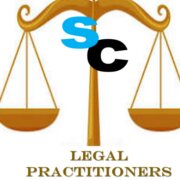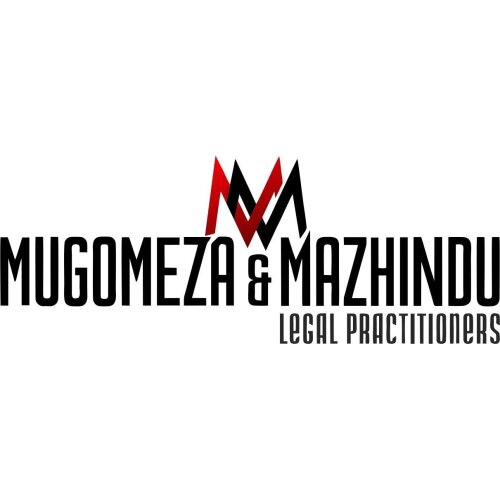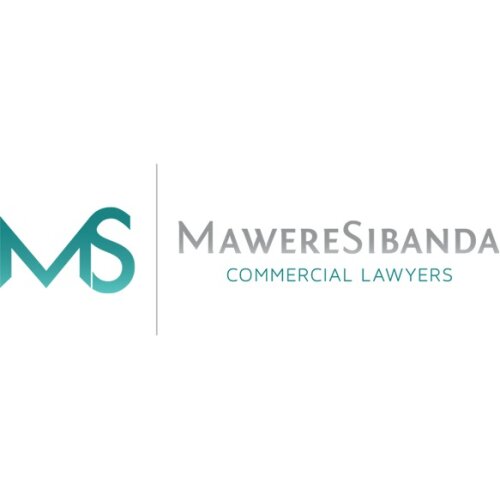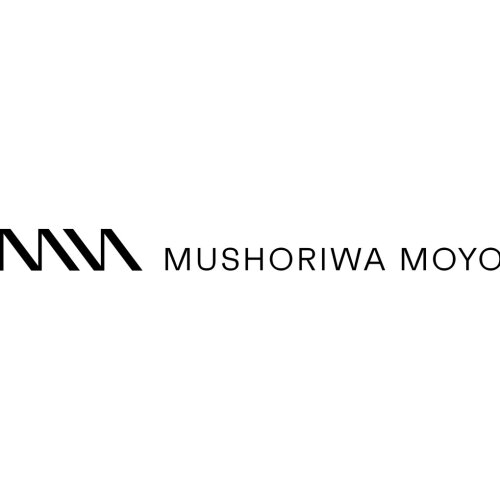Best Bankruptcy & Debt Lawyers in Zimbabwe
Share your needs with us, get contacted by law firms.
Free. Takes 2 min.
Or refine your search by selecting a city:
List of the best lawyers in Zimbabwe
About Bankruptcy & Debt Law in Zimbabwe
Bankruptcy and Debt law in Zimbabwe is designed to help individuals and businesses that are unable to meet their financial obligations. The legal framework provides guidelines for the fair distribution of a debtor's assets to creditors and offers the debtor an opportunity for a fresh start. The law addresses issues such as liquidation, insolvency, and debt restructuring. Navigating these laws requires a comprehensive understanding of the legal processes involved, making it vital for individuals to seek expert legal advice when dealing with significant financial distress.
Why You May Need a Lawyer
There are various scenarios where consulting with a lawyer proficient in Bankruptcy and Debt law becomes essential:
- Facing overwhelming debt with threats of legal action from creditors.
- Receiving a court summons for issues related to unpaid debts or loans.
- Needing to understand the implications of declaring bankruptcy on personal or business financial health.
- Being involved in complex debt restructuring processes that require legal negotiation with creditors.
- Needing to protect personal or business assets during an insolvency process.
- Requiring representation or defense in insolvency-related litigation.
Local Laws Overview
Key aspects of local Bankruptcy and Debt laws in Zimbabwe include:
- The Insolvency Act, which provides the legal processes for handling insolvency cases for individuals and companies.
- The Companies Act, governing the liquidation and dissolution of companies.
- The Debtors Act, which regulates the rights and obligations of debtors and creditors, ensuring fair treatment during debt recovery processes.
- Regulations regarding the administration of insolvent estates, including the appointment and roles of trustees and liquidators.
- The judicial management procedure, providing an alternative to liquidation aimed at restructuring viable companies struggling with debt.
Frequently Asked Questions
What is the difference between insolvency and bankruptcy?
Insolvency refers to a financial state where a person or company is unable to pay their debts, while bankruptcy is a legal procedure applied to resolve insolvency through court action, resulting in the orderly payment of debts.
How can I determine if I qualify for declaring bankruptcy?
Qualifying for bankruptcy involves meeting specific criteria set by the Insolvency Act, such as demonstrating an inability to meet outstanding financial obligations.
What happens to my debts if I declare bankruptcy?
When you declare bankruptcy, your debts are managed through a court-appointed process. Some debts may be discharged, while others are reorganized or paid off using available assets.
Can I keep my assets if I go bankrupt?
During bankruptcy, some personal property is exempt from liquidation. Essential household items and tools required for professional work may be retained, subject to legal provisions.
How long does bankruptcy last?
The duration of a bankruptcy process can vary, but typically lasts until court procedures are complete and settled debts, depending on the case complexity and efficiency of legal proceedings.
Is there an alternative to declaring bankruptcy?
Yes, alternatives like debt consolidation or restructuring, and entering into legally binding agreements with creditors for revised payment terms, may be considered.
What is the role of a liquidator?
A liquidator oversees the bankruptcy process, converts assets into cash to pay creditors, and ensures legal compliance during the distribution of assets.
Can a business recover after bankruptcy?
Yes, businesses may recover if they undergo successful restructuring during judicial management and comply with financial responsibilities moving forward.
Will bankruptcy affect my credit rating?
Yes, declaring bankruptcy will have a significant negative impact on your credit rating for several years, affecting your ability to secure future loans or credit.
Do I need to attend court if I declare bankruptcy?
It is likely you will need to attend court appearances related to your case, but your lawyer can guide and, in some instances, represent you in legal proceedings.
Additional Resources
Several resources can offer valuable insight and assistance with Bankruptcy and Debt matters in Zimbabwe:
- The Zimbabwe Law Society: Offers a directory of qualified lawyers, including those who specialize in bankruptcy and debt law.
- The Ministry of Justice, Legal and Parliamentary Affairs: Provides information on the legal framework and procedural guidance relating to bankruptcy cases.
- The Reserve Bank of Zimbabwe: Can provide information on financial management and debt counseling services.
- Consumer Council of Zimbabwe: Provides assistance with understanding consumer rights related to debt and financial obligations.
Next Steps
If you find yourself in need of legal assistance with bankruptcy and debt issues, consider the following steps:
- Begin by assessing your financial situation and determining the scope of your debt.
- Contact a qualified lawyer specializing in bankruptcy and debt law to discuss your options.
- Gather all pertinent financial documents, including debt statements, income records, and any prior communications with creditors.
- Work collaboratively with your lawyer to explore strategies such as debt consolidation, restructuring, or filing for bankruptcy if necessary.
- Continue to seek financial guidance and support services to effectively manage your finances post-resolution.
Lawzana helps you find the best lawyers and law firms in Zimbabwe through a curated and pre-screened list of qualified legal professionals. Our platform offers rankings and detailed profiles of attorneys and law firms, allowing you to compare based on practice areas, including Bankruptcy & Debt, experience, and client feedback.
Each profile includes a description of the firm's areas of practice, client reviews, team members and partners, year of establishment, spoken languages, office locations, contact information, social media presence, and any published articles or resources. Most firms on our platform speak English and are experienced in both local and international legal matters.
Get a quote from top-rated law firms in Zimbabwe — quickly, securely, and without unnecessary hassle.
Disclaimer:
The information provided on this page is for general informational purposes only and does not constitute legal advice. While we strive to ensure the accuracy and relevance of the content, legal information may change over time, and interpretations of the law can vary. You should always consult with a qualified legal professional for advice specific to your situation.
We disclaim all liability for actions taken or not taken based on the content of this page. If you believe any information is incorrect or outdated, please contact us, and we will review and update it where appropriate.
Browse bankruptcy & debt law firms by service in Zimbabwe
Zimbabwe Attorneys in related practice areas.
Browse bankruptcy & debt law firms by city in Zimbabwe
Refine your search by selecting a city.















